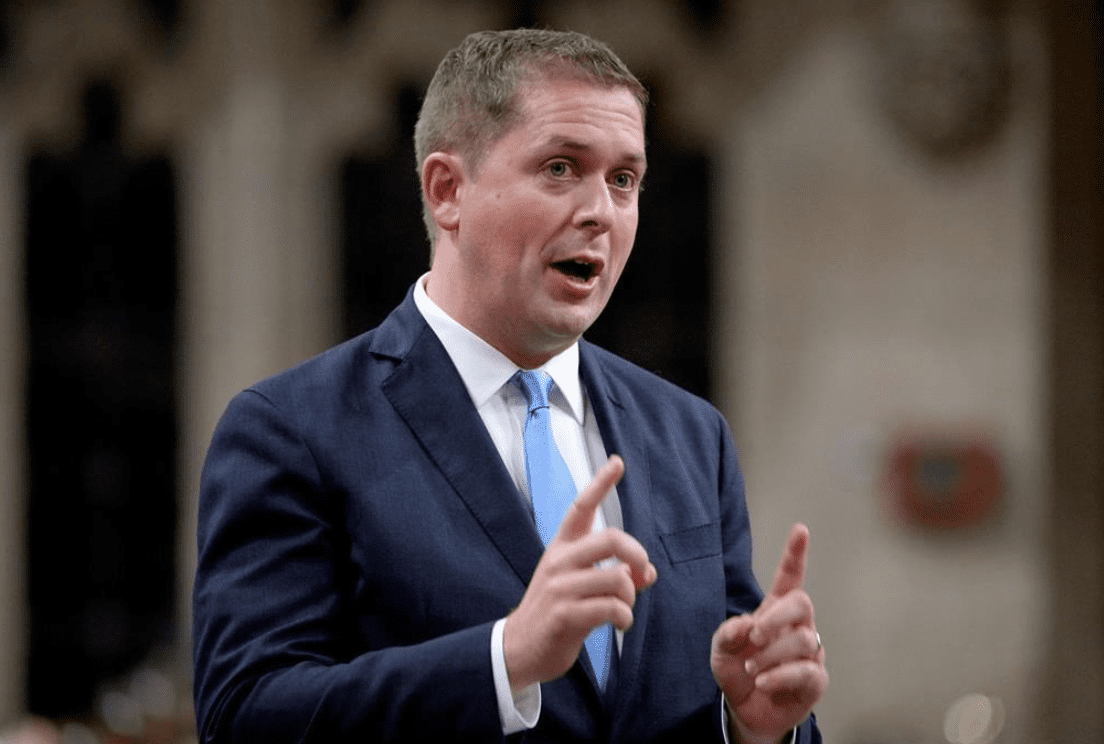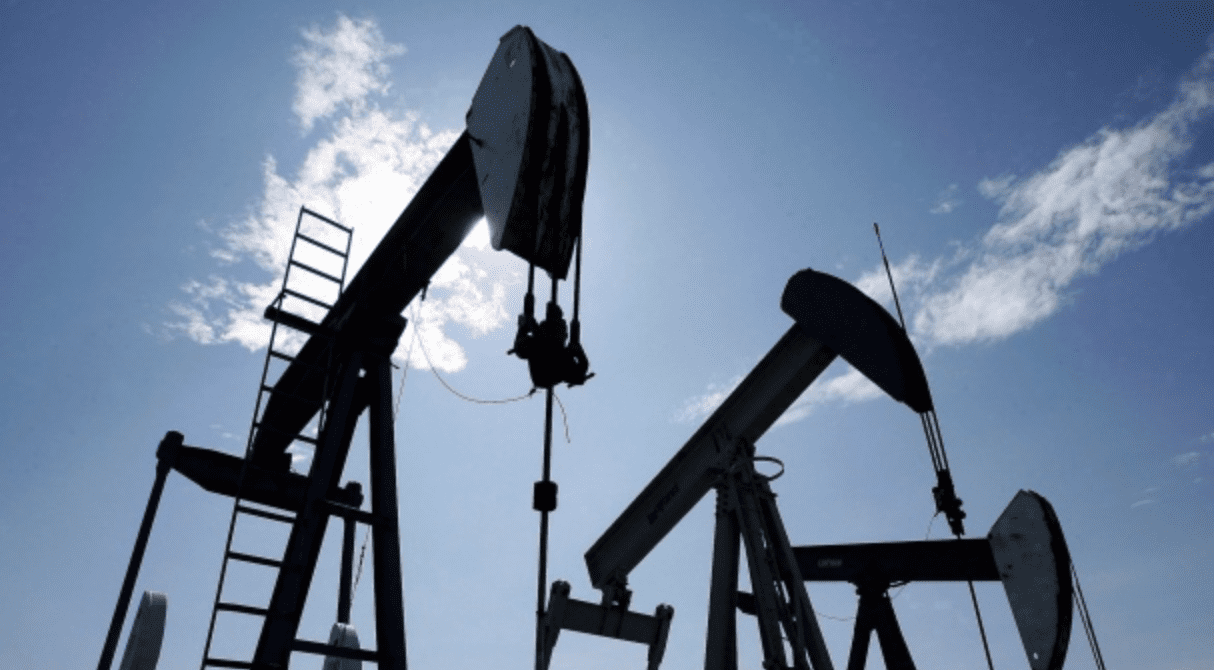It is not unexpected to have a certain amount of bending the truth at election time, and that there would be a certain amount of spin and torque when it comes to framing one's opponents. I can't recall, however, a time when complete and blatant fictions were being trotted out as serious fodder during a campaign, and yet here we are. Day six of the election campaign, and Conservative leader Andrew Scheer was pressed by journalists with the fact that he and his candidates have been holding up a Liberal document they claim as "proof" that there is a secret plan to levy massive capital gains taxes on housing sales if they win the election, and that said document has been disavowed. Scheer's response that Justin Trudeau lied, so he was going to keep bringing up the document, no matter that it was misleading.
This shouldn't a surprise. Scheer has spent the past two years building up a narrative about the Liberals and their record that would be charitable to call fiction. For months and daily on the campaign trail he spouts patent mistruths about the federal carbon price backstop, calling it a tax grab on the part of Trudeau (reminder: none of the money goes into federal coffers, and because those affected provinces have not committed to recycling revenues through things like income tax cuts, individual households will instead be receiving rebates that are worth more than they would have paid on average for the carbon price), as well as completely distorting the output-based pricing system for large emitters, claiming it gives a 90 percent discount to major emitters (again, misleading as the discounts can apply to sectors which are trade-exposed but are not widespread across all major industrial emitters). He has put out videos of him convincing voters in Quebec that the federal carbon price applies to them in order to turn them against Trudeau (it doesn't Quebec has a cap-and-trade system which meets the federal carbon price criteria), and since his "real plan" for the environment has come out, has tried to convince people that he can achieve reductions and spur technological development without a price, when anyone with any sense knows that it would simply remove the transparency of the carbon price and producers would simply pass along the costs of increased regulation to consumers, who no longer get the rebates.
Add to that, Scheer makes constant misleading statements about the size of the deficit and the apparent necessity to raise taxes or to cut social programs to pay for it (with a declining debt-to-GDP ratio and consistent GDP growth, neither will happen, particularly given that we remain in a period of low interest rates that are unlikely to rise even into the neutral range for the foreseeable future). He repeats the debunked Fraser Institute figure that claims middle-class taxes were raised (it refers to cancelled non-refundable tax credits, CPP increases, and ignores the effect of the Canada Child Benefit on disposable income). He has and continues to say that there is an RCMP investigation into the Double-Hyphen Affair, which there is not. He spread disinformation that a UK child killer was being sent to Canada when it was both untrue and debunked by major media organizations months before made the accusation. He once spent a Question Period pretending that Trudeau was simply refusing to answer his questions when Trudeau was absent, then sent out the clips over social media falsely making the claim that Trudeau refused to answer. He makes false statements about irregular border crossers and asylum seekers "jumping the queue" when no queue exists merely a process. He asserts that Trudeau capitulated to Donald Trump on the new NAFTA negotiations when the concessions that Trudeau agreed to were the very same ones that the Conservatives negotiated with the TPP when the Americans were still part of those discussions and presumes that Donald Trump is a rational actor, which we all know he is not.
Which brings us to the document in question that Scheer and his candidates most especially Lisa Raitt and Candice Bergen have been circulating. The claim is that it's a secret plan to impose a 50 percent capital gains tax on housing sales because the narrative they keep promulgating is that Trudeau needs to raise taxes to pay for his deficits (which is, again, untrue). The problem is that the document says nothing of the sort. It was a report from a consultation process and meant as an internal discussion piece. It was not adopted the National Housing Plan is on the record and the proposal therein was that such a tax could be applied to a house sold within the first year of purchase, and would decline over five years, as a means of discouraging "flipping" houses amidst soaring prices in hot housing markets. And yet, this false version is circulating, knowing full well that it's completely misleading, and it's doing so with Scheer's blessing. When called out by reporters, Scheer stood by the tactic because he says that Justin Trudeau lied, that he was lying about the Conservatives' plans (Trudeau says that the Conservatives will only offer cuts when Scheer insists that he pledged otherwise), so it was fair for him to raise the document.
The problem in all of this is that Scheer is trying to make this an election about "who do you trust?" He says that Trudeau has "lost the moral authority to govern" based on the Double-Hyphen Affair, and yet he admits on camera that he's disseminating false information and justifying it by saying that his opponent lies. But if he's spreading the very same lies, does that not put his own ethical conduct and character into question, and invite the Liberals to further claim that while Scheer says he won't cut social programs, he's lying about other things (lots and lots of other things, verifiably), so why could you trust that he's telling the truth about not making cuts? This seems like the most bone-headed, short-sighted tactics imaginable, like he is deliberately shooting himself in the foot possibly in the hopes of blaming it on someone else. If he openly admits to spreading falsehoods, he undermines his own question about a leader whom you can trust and that is just going to drive the cynicism of the voting public.
Photo Credit: CBC News








